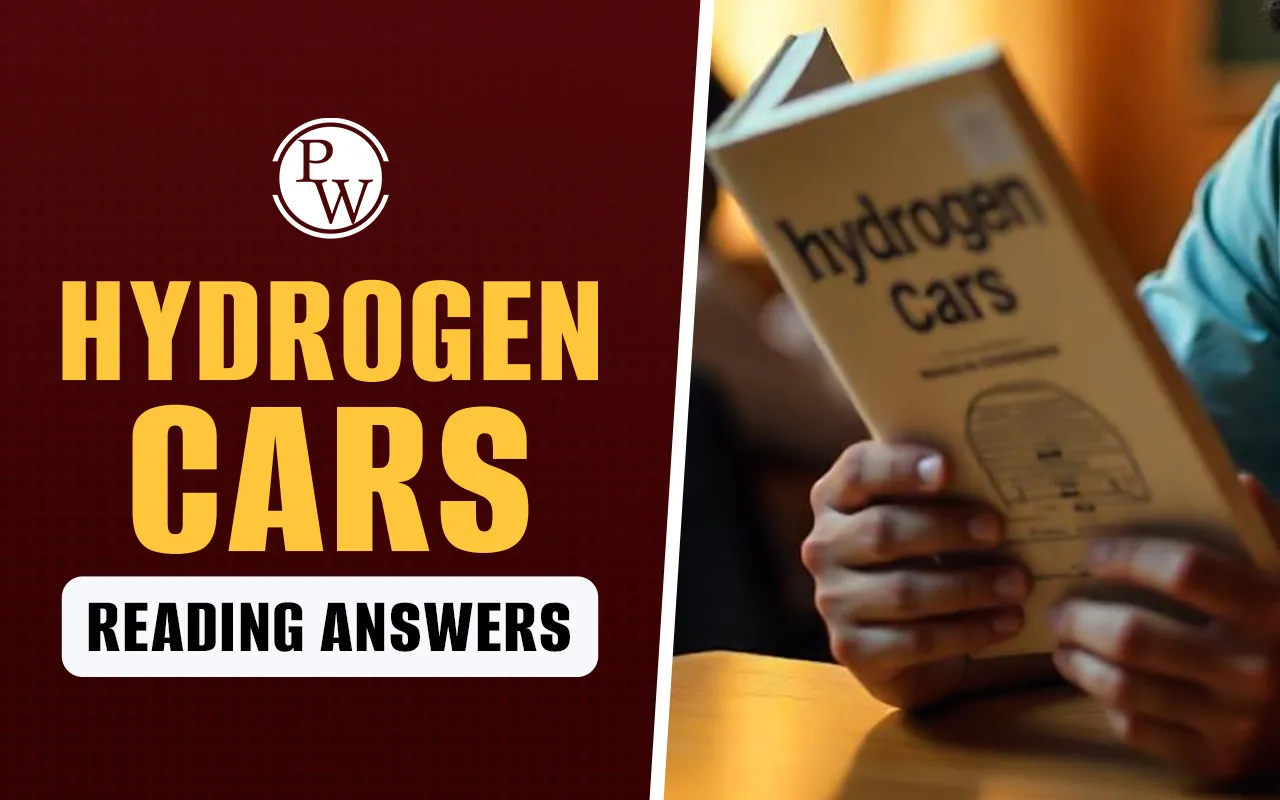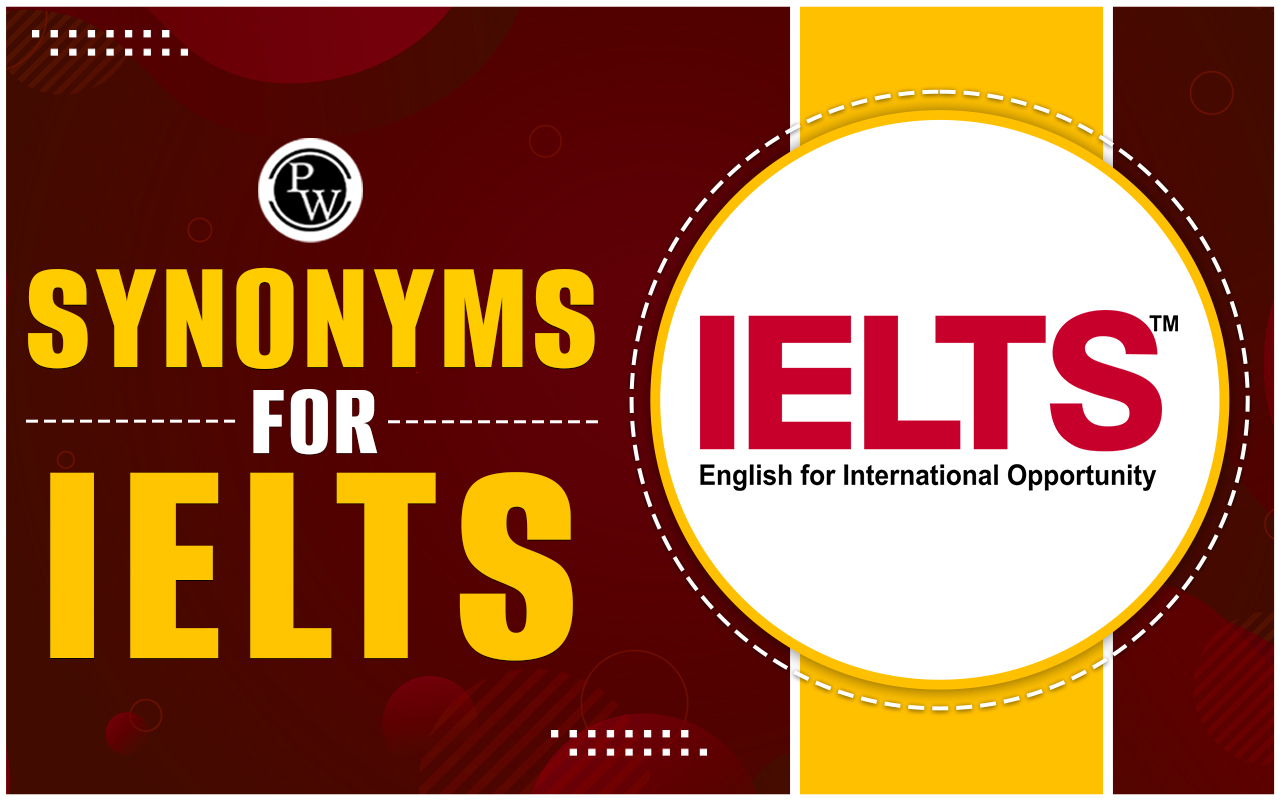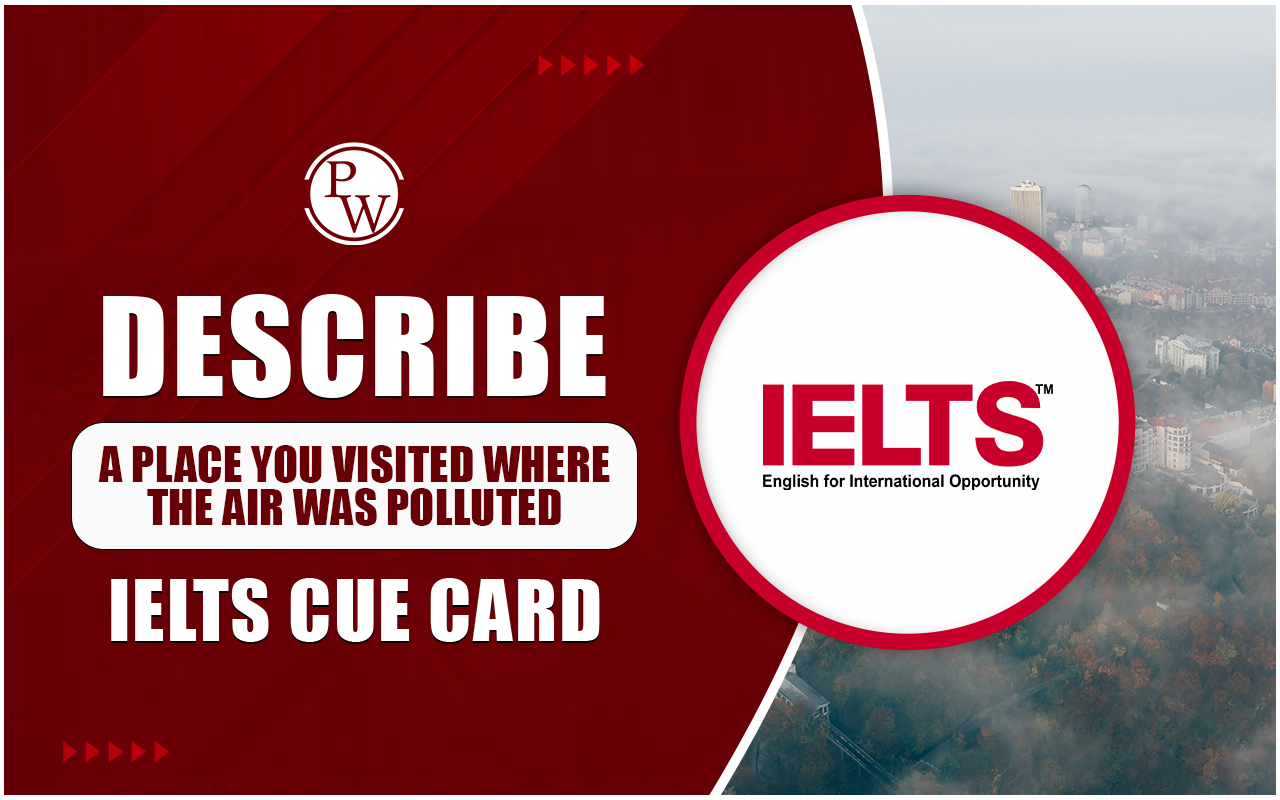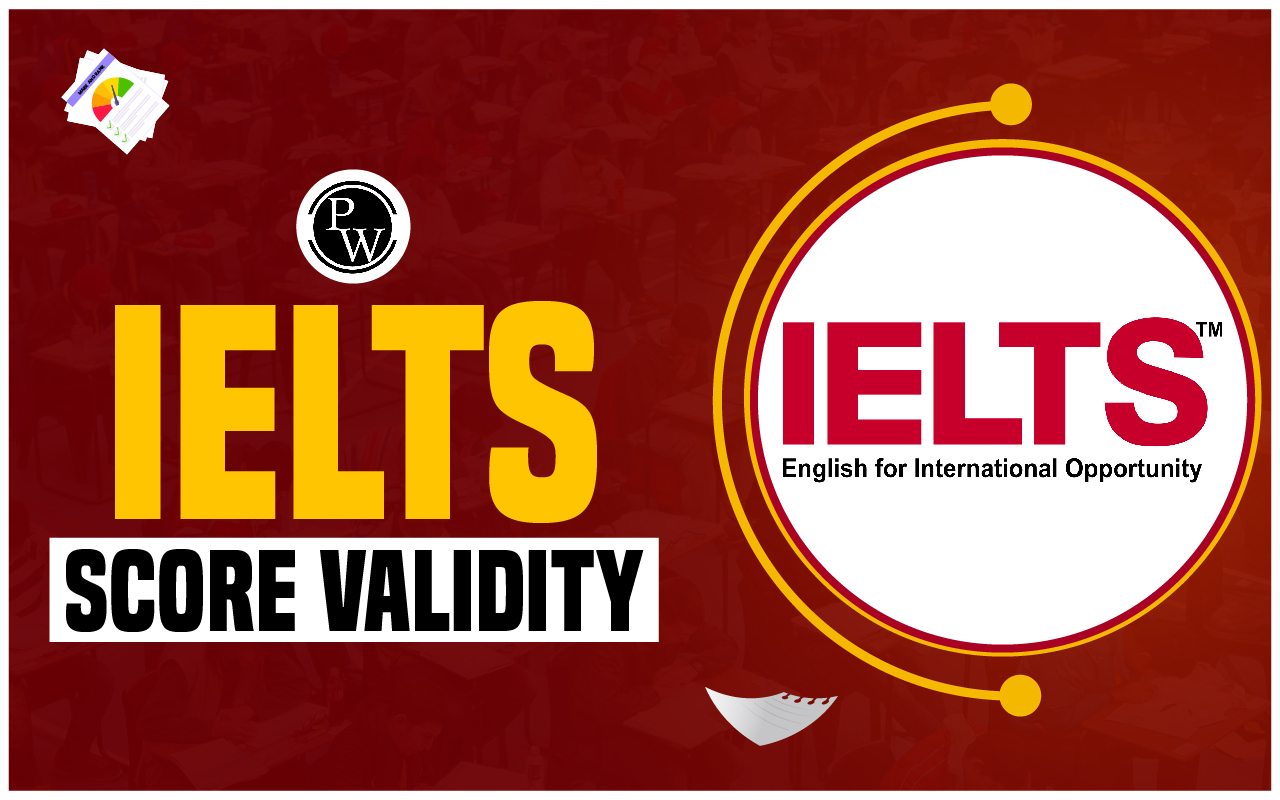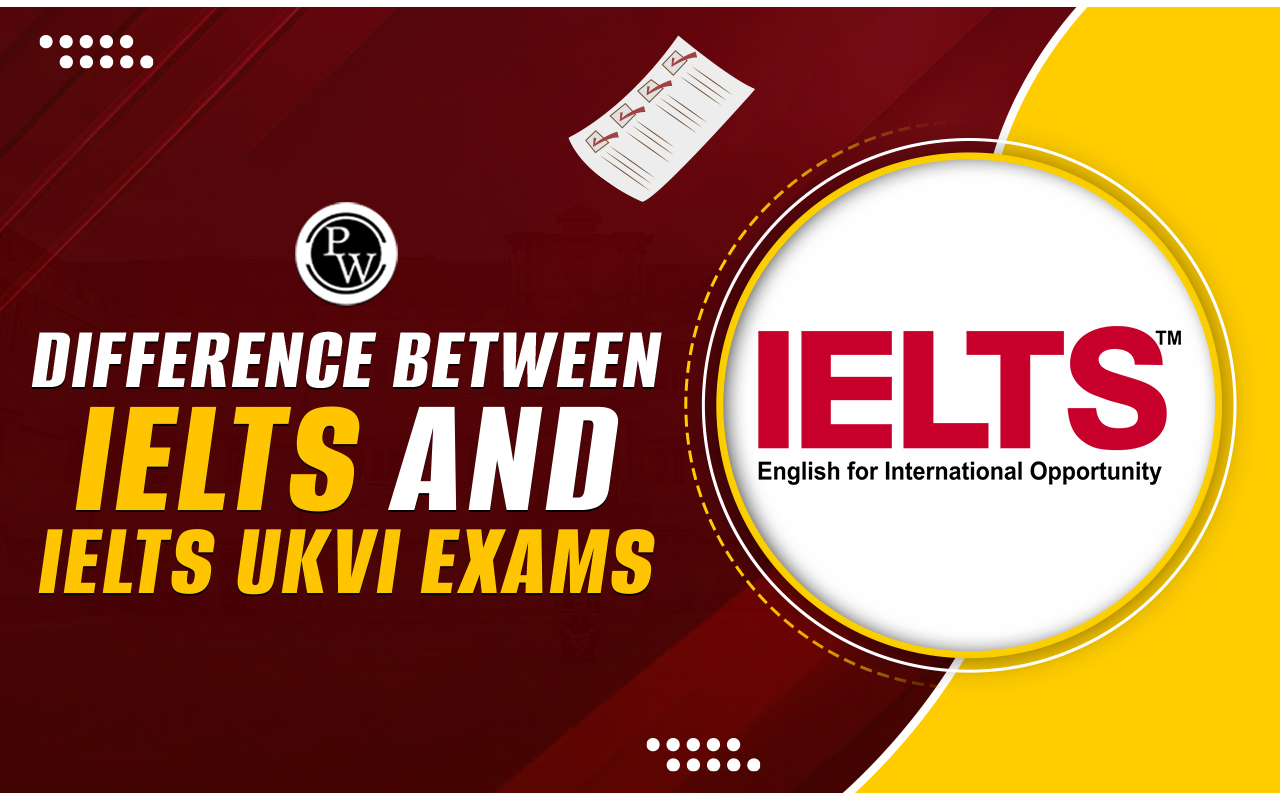
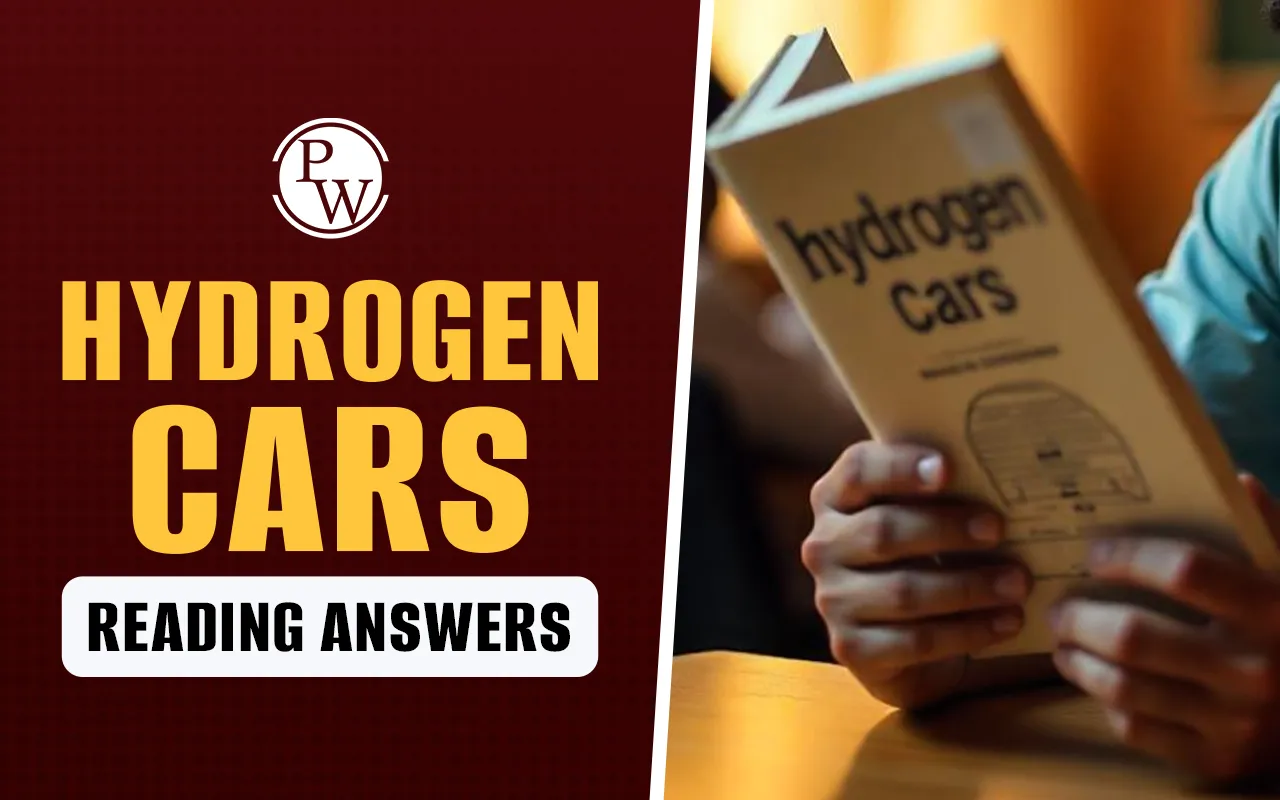
Hydrogen Cars Reading Answers: The passage “Hydrogen Cars” discusses the shift from fossil fuels to hydrogen as an alternative energy source for vehicles. It highlights the environmental benefits, technical challenges, methods of storage and production, safety concerns, and future prospects for hydrogen-powered vehicles. With advances in fuel cell technology and growing investment from automobile companies, hydrogen is presented as a sustainable solution for future transport. Read the complete guide to improve your IELTS exam Reading skills and achieve the desired band score.
Free IELTS Reading Practice Tests
Hydrogen Cars Reading Answers Passage
Spend approximately 20 minutes on Questions 1-14, which are based on Reading Passage 2 below.
Hydrogen Cars
A. Due to record-high gasoline prices, road trips are more expensive than ever. But what if your car ran on the most abundant element in the universe instead of gasoline? Hydrogen will eventually replace gasoline, diesel, and natural gas as the primary fuel for automobiles, buses, and trucks, according to numerous experts. Global automobile manufacturers have already invested billions of dollars in research and development.
B. The benefits of hydrogen are enormous: no smog-forming exhaust gases, no carbon dioxide emissions that contribute to global warming, and no concerns regarding diminishing oil supplies and rising prices. Before mass-produced hydrogen vehicles can hit the road, however, a number of challenging questions must be answered. Where will the hydrogen supply originate? How will motorists fuel up? How will automobiles store fuel? There is also the question of how to optimally utilise the energy in the fuel for optimal performance on the road
C. Hydrogen can be used as a fuel in two types of engines: those with a converted internal combustion engine and those with a stack of fuel cells. Automobiles have been powered by internal combustion engines for more than a century, when they replaced horse-drawn carriages. These engines are compatible with a variety of fuels, including hydrogen. However, the majority of automakers consider fuel cells powered by an electric motor to be the superior option. In contrast to heavy batteries that must be recharged frequently, fuel cells generate electricity as they move. Recent technological advancements have substantially increased a cell stack's power output. This has paved the way for electric vehicles with low emissions.
D. Fuel cell technology seems straightforward. This is the opposite of the well-known electrolysis process, which releases oxygen and hydrogen from water. Obviously, it is somewhat more difficult in practise. Efficiency is the primary advantage of a hydrogen-powered internal combustion engine over a fuel cell engine. Using the same quantity of hydrogen, a fuel cell vehicle can travel at least twice as far as an internal combustion engine vehicle.
E. Although hydrogen has numerous advantages as a vehicle fuel, it is difficult to store. This is due to the fact that hydrogen is a gas at normal temperatures. The obvious solution is to compress or liquidity the hydrogen. On the other hand, tanks designed to store hydrogen at extremely high pressures or temperatures close to absolute zero are cumbersome and expensive. Consequently, the primary disadvantages of refueling with liquid hydrogen are likely to be the high cost and the substantial amount of energy required to liquefy the fuel. Although compressed hydrogen gas refueling may reduce the distance between fill-ups, it is more practical. Hydrogen could be stored in automobiles in high-pressure tanks comparable to those used for compressed natural gas, or in carbon that has been specially treated.
F. Although there is no risk of Hydrogen depletion, it occurs naturally on Earth only as chemical compounds and not as Hydrogen gas. At central plants or filling stations, hydrogen gas for automobiles can be produced by steam reforming, a relatively simple technology. Alternatively, gasoline or methanol could be used in the tanks, with reformers onboard producing Hydrogen for the fuel cells. While research into hydrogen storage issues continues, this interim solution appears promising. Hydrogen's only potentially pollution-free source is water. Utilizing algae, bacteria, or photovoltaic cells to absorb sunlight and split water into Hydrogen and oxygen are a few of the new methods being investigated to produce Hydrogen from water. However, electrolysis, which uses an electric current to separate water into oxygen and hydrogen, is most likely to be adopted on a large scale.
G. 'Remember the Hindenburg.' - This is a common phrase when referring to Hydrogen. In May 1937, this German hydrogen-powered passenger airship crashed as it approached Lakehurst, New Jersey, United States. There were 35 fatalities. Helium, a noncombustible gas, is the fuel of choice for lighter-than-air aircraft at present. Despite the fact that hydrogen is extremely flammable, recent research suggests that the Hindenburg disaster was caused by the airship's fabric, not hydrogen. There is no reason to believe that hydrogen is a more hazardous fuel than gasoline, the explosive liquid currently stored safely in the tanks of countless millions of automobiles.
H. Recent technological advancements, particularly in fuel cell design, have made hydrogen-powered automobiles a viable option, with automakers expecting mass production to commence within the next decade or so. Their power and acceleration should be comparable to conventionally-powered automobiles of today, but they may require more frequent refuelling. The optimal strategies for producing, distributing, and storing hydrogen are still under investigation. Short-term, fossil fuels may continue to be a popular source of hydrogen. However, it is no longer a pipe dream that in the not-too-distant future, the majority of us will be driving non-polluting cars powered by Hydrogen from a clean, renewable source.
Also Read:
Hydrogen Cars Reading Answers Sample Questions
IELTS Matching Headings (Questions 1–7)
Choose the correct heading for each section (A–G) from the list below.
List of Headings
i. A comparison between traditional engines and fuel cells
ii. The problems associated with storing hydrogen
iii. Hydrogen production methods and their challenges
iv. An alternative source of vehicle power
v. Progress and outlook for hydrogen vehicles
vi. Safety concerns about hydrogen use
vii. Advantages and unresolved questions
viii. How fuel cells function and their benefits
-
Paragraph A
-
Paragraph B
-
Paragraph C
-
Paragraph D
-
Paragraph E
-
Paragraph F
-
Paragraph G
IELTS Sentence Completion (Questions 8–12)
Complete the sentences using NO MORE THAN TWO WORDS from the passage.
-
Fuel cells provide electricity without using heavy __________.
-
A fuel cell vehicle is more __________ than a hydrogen combustion engine.
-
Tanks for storing hydrogen at high pressure are __________ and expensive.
-
Steam reforming is a relatively __________ method to produce hydrogen gas.
-
One natural but pollution-free hydrogen source mentioned is __________.
IELTS Multiple Choice Questions (Questions 13–14)
-
What makes fuel cells preferable to heavy batteries?
A. They are cheaper to produce
B. They generate electricity as the vehicle moves
C. They don’t need any fuel
D. They last longer -
What does the passage say about the Hindenburg disaster?
A. It proved hydrogen is too dangerous to use
B. It was caused entirely by hydrogen ignition
C. It was likely caused by flammable material on the airship
D. It had nothing to do with hydrogen
Hydrogen Cars Reading Answers with Explanations
Answers to Questions 1-14
|
Q No. |
Answer |
Location |
Explanation |
|---|---|---|---|
|
1 |
iv |
Paragraph A |
Introduces hydrogen as an alternative vehicle fuel. |
|
2 |
vii |
Paragraph B |
Lists the benefits of hydrogen but also the open questions. |
|
3 |
i |
Paragraph C |
Compares hydrogen combustion engines with fuel cell vehicles. |
|
4 |
viii |
Paragraph D |
Explains how fuel cells work, comparing them to electrolysis. |
|
5 |
ii |
Paragraph E |
Talks about the challenges of storing hydrogen. |
|
6 |
iii |
Paragraph F |
Explores hydrogen production methods and associated issues. |
|
7 |
vi |
Paragraph G |
Discusses safety and the Hindenburg reference. |
|
8 |
batteries |
Paragraph C |
"In contrast to heavy batteries..." |
|
9 |
efficient |
Paragraph D |
"...a fuel cell vehicle can travel at least twice as far..." |
|
10 |
cumbersome |
Paragraph E |
"Tanks... are cumbersome and expensive." |
|
11 |
simple |
Paragraph F |
"Steam reforming, a relatively simple technology." |
|
12 |
water |
Paragraph F |
"Hydrogen’s only potentially pollution-free source is water." |
|
13 |
B |
Paragraph C |
"Fuel cells generate electricity as they move." |
|
14 |
C |
Paragraph G |
"...suggests that the Hindenburg disaster was caused by the airship’s fabric..." |
| IELTS Reading Band Score | IELTS Listening Band Score |
| IELTS Speaking Band Score | IELTS Writing Band Score |
Guidance of PW IELTS
Physics Wallah offers a few popular online IELTS courses for all students. Follow the latest IELTS articles to better prepare for the exam.
| IELTS Registration | IELTS Eligibility Criteria |
| IELTS Exam Pattern | IELTS Syllabus |
| IELTS Exam Dates | IDP IELTS Test Centers |
